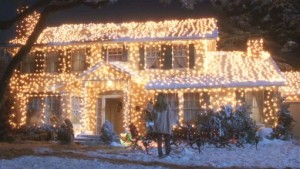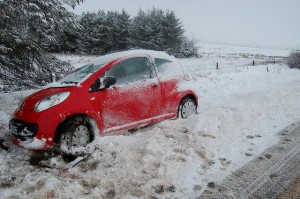The holiday season is a special time of year to spend lots of time with loved ones. It is also a time that can give rise to many safety hazards as we participate in festive activities. Insurance Bureau of Canada (IBC) reminds Canadians to review some important seasonal tips to enjoy the holidays safely.
Fire safety

How to use candles and fire safely within your home:
- Ensure you have working smoke alarms and carbon monoxide detectors in your home.
- Extinguish all candles when leaving a room or going to sleep.
- Keep candles away from items that can catch fire.
- Use sturdy candle holders and place on top of secure furniture.
- Keep your Christmas tree well watered and away from heat sources.
- Use a secure, manufacturer recommended screen in front of your fireplace.
- Have your chimney cleaned and inspected at least once a year.
- Burn clean hardwood that has not been painted or chemically treated.
Light safety

Be cautious when decorating your home with lights:
- Use lights that are certified by a recognized organization such as CSA or ULC.
- Use indoor lights inside your home and outdoor lights outside.
- Check all light bulbs before going up and replace broken or burned-out bulbs.
- Inspect the light strings and extension cords you use. Throw out damaged ones.
- Do not overload electrical outlets. Use a power bar for multiple wires.
Road Safety

Be cautious on the roads this winter during the busy holiday season:
- Be alert, well-rested and sober behind the wheel. Avoid driver distractions.
- See and be seen. Clear all snow from the hood, roof, windows and lights.
- Check weather and travel conditions before heading out. Give yourself extra time for travel and, if weather is bad, wait for conditions to improve.
- If a situation can't wait pull over somewhere safe to deal with it.
- Skids can best be avoided by driving for conditions, slowing down, leaving earlier to get to your destination and anticipating lane changes, turns and curvesProper braking is essential to survive on the road in winter. The best way to stop on a slippery surface is to use threshold or controlled braking and shift to neutral.
- Stopping on a slippery surface requires more space, so increase your following distance. Focus your attention as far ahead as possible


